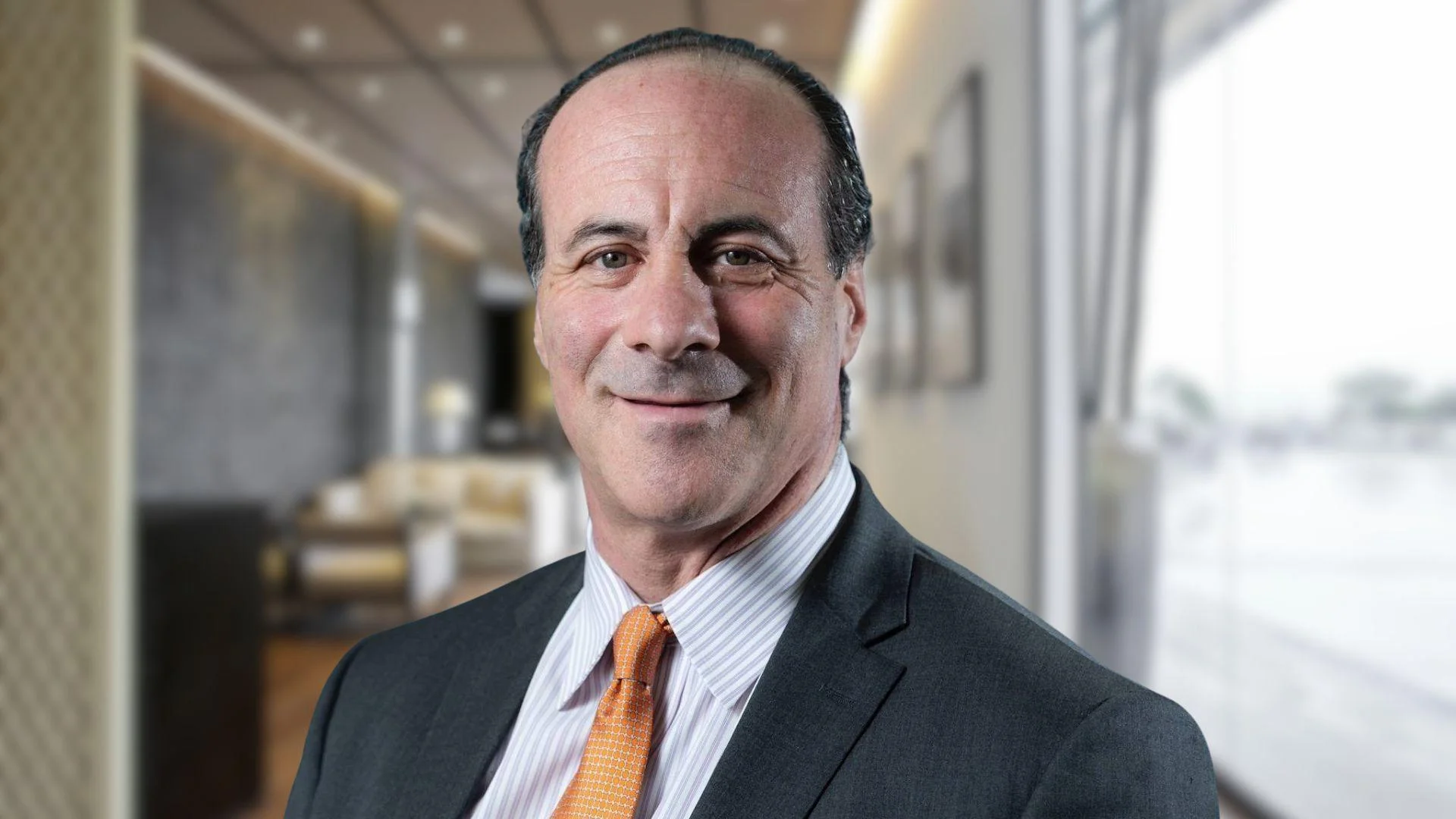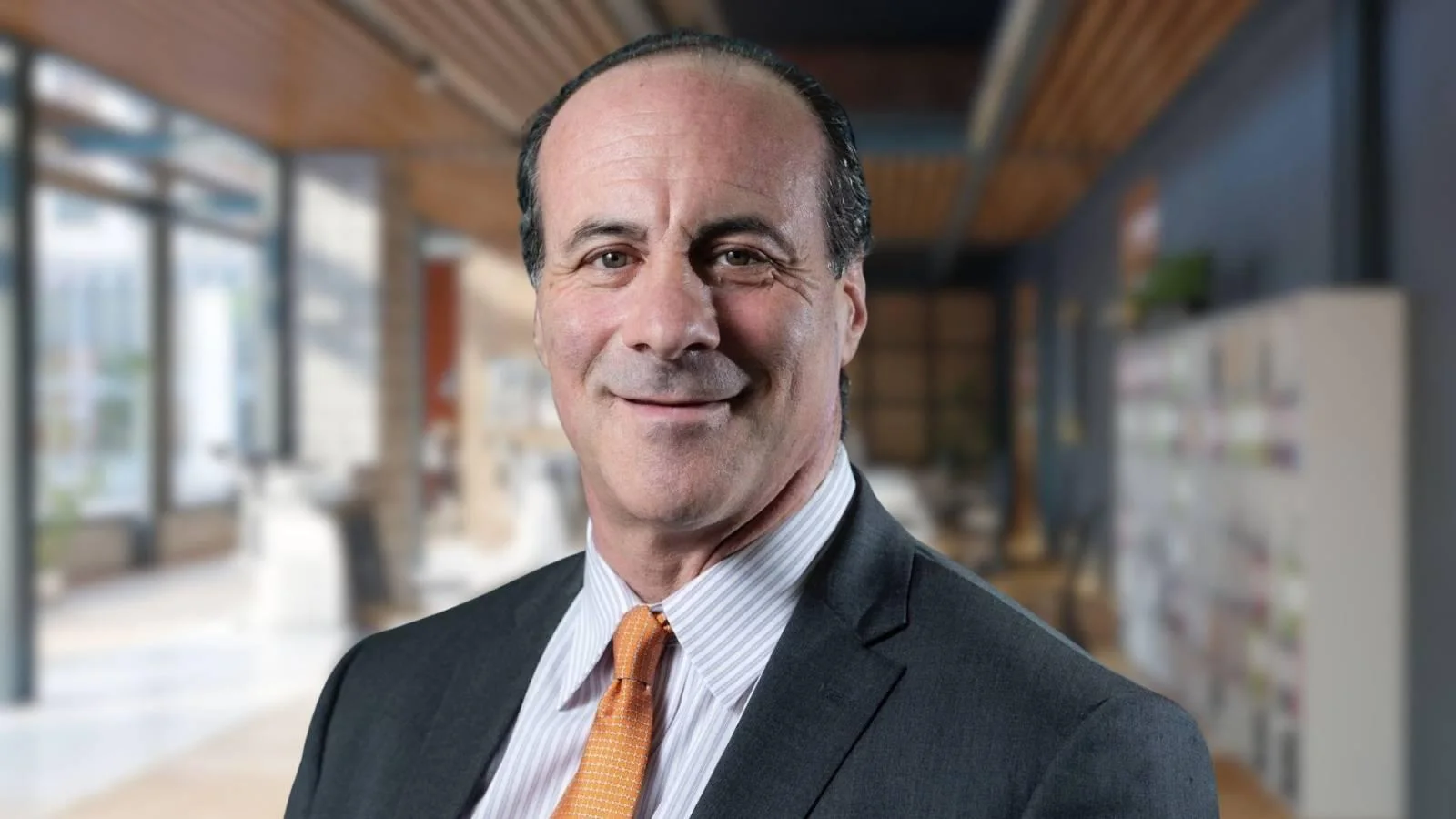Seth Hertlein, the Global Head of Policy at Ledger, a Paris-based digital asset wallet provider, has countered the widespread public belief that cryptocurrency is a common tool for criminals. According to Hertlein, illicit activity is more prevalent in the traditional financial system. His comments were featured in the Cap Hill Crypto newsletter's January 5 edition.
SEC Seeks Withdrawal of Multiple Altcoin ETF Filings
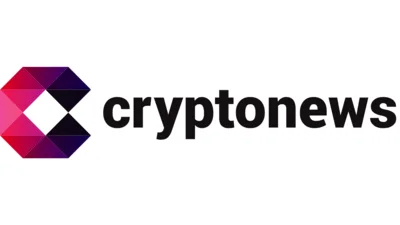
US government poised to shut down: Will it affect crypto market structure bill?

Chainlink's AI-powered communications tool shows promise at streamlining corporate actions, data sharing globally
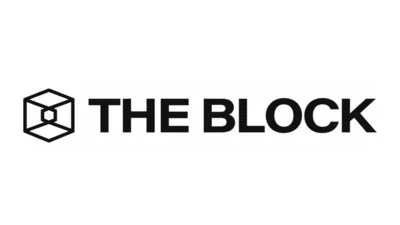
Swift to Use Consensys Blockchain for Its Global Payments Network

Senate confirms crypto-friendly Stephen Miran to Federal Reserve Board ahead of interest rate meeting

As Crypto Hacks Soar, Ethereum’s Vitalik Tests New Invisible Wallet

Tokenization of Finance: Microsoft and the London Stock Exchange launch their blockchain
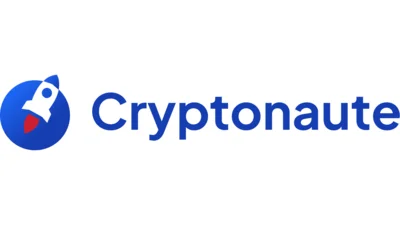
France: Police seize €600,000 worth of bitcoins and shut down darknet site

How to use Grok for real-time crypto trading signals

Ethereum surpasses Bitcoin in spot volume on CEX, a first in 5 years

Ripple Expands Partnership with Spanish Banking Giant BBVA to Power Crypto Custody

ChatGPT 5 predicts the price of cryptocurrencies XRP, HYPE and SNORT in 2026

CEA Industries expands holdings to 388,888 BNB with $33 million buy, eyes 1% of supply by year-end

How to use ChatGPT to research coins before you invest

Paris Elections: Bitcoin Enters the Political Arena

WLFI Price Drop, Buyback Proposal… The Troubled Beginnings of the Trump Family Cryptocurrency

Citi executive warns stablecoin yields could drain bank deposits: Report

Solana Treasury News: Sharps (STSS) Jumps 75% on $400M Raise, DFDV Plunges on
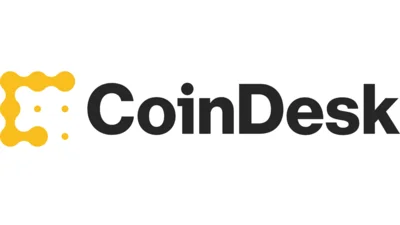
Aave & World Liberty Financial: A Proposal That Ignites DeFi

Unprecedented: Sorare signs a partnership with LFP Media to integrate Ligue 1 and Ligue 2 into its ecosystem

New Solana treasury eyes raising over $400 million with help from ParaFi and Pantera

Bitcoin mining is booming again… with Google as a backup

Ripple's Blockchain: Disastrous Security? This Study Sows Doubt

Ether ETFs smash records as crypto products see $3.75B inflows

SEC delays decisions on Truth Social's Bitcoin and Ethereum ETF, along with XRP and Litecoin funds

Spot Ethereum ETFs Post $59M Outflows, Breaking 8-Day $3.7B Buying Streak

Coinbase CEO Says UK's TV Ad Ban Sparked ‘Quite a Reaction’

Barry Silbert returns to Grayscale as chairman as the firm prepares to go public

August is historically bad for Bitcoin: should you buy this altcoin x100 instead?

Encrypted messages under control? The EU could soon impose scanning of private conversations


"Criminal activity involving crypto is orders of magnitude smaller, both on an aggregate and a percentage basis, than the amount of criminal proceeds moved through the traditional financial system in fiat currencies," Hertlein said. "When criminal proceeds are moved through crypto, seizure and recovery rates are far higher than in the traditional context. Turns out it's not easy to hide on an immutable public ledger. Contrary to the common misconception, crypto's relative lack of use in crime is a success story!"
Chainalysis, a blockchain analytics company, released a report indicating that only 0.15% of total crypto transactions in 2021 were linked to illicit wallet addresses. The report suggests that "The yearly trends suggest that with the exception of 2019 — an extreme outlier year for cryptocurrency-based crime largely due to the PlusToken Ponzi scheme — crime is becoming a smaller and smaller part of the cryptocurrency ecosystem." Chainalysis attributes this trend to the transparency provided by blockchain technology, which allows analysts to trace illicit funds more easily.
In its report titled "National Strategy for Combating Terrorist and Other Illicit Financing", the U.S. Treasury Department found that most terrorist organizations primarily rely on traditional financial systems and cash for fund transfers.
The United Nations Office on Drugs and Crime reported that an estimated 2-5% of global GDP or between $800 billion and $2 trillion USD is laundered annually. However, due to money laundering's clandestine nature, it remains challenging to estimate the total amount laundered.
Dr. Andrzej Gwizdalski from the University of Western Australia analyzed data from the United Nations, World Economic Forum, and Chainalysis. He found that "Traditional fiat, like the USD, is implicated in an estimated $3.2 trillion in illegal activities annually—over 100 times the $20 billion linked to cryptocurrencies," according to a post from Oodaloop. Gwizdalski also warned that "Using crypto for illegal purposes is inherently risky and plainly unwise with every transaction transparently recorded."
Before joining Ledger, Hertlein served as Head of Policy and Government Relations for the Stellar Development Foundation, where he oversaw global engagement on crypto policy and regulation. This information was shared in a press release by the PA Blockchain Coalition (PBC). Hertlein is also a member of the Blockchain Association and has previously served on the leadership committee of the Chamber of Digital Commerce’s Token Alliance. In May 2022, he was appointed as Advisory Board Chair for PBC.
More News
Brian Armstrong, CEO of Coinbase, said that broader cryptocurrency use will emerge from seamless products where users benefit without engaging with the underlying systems.
Michael Saylor, co-founder of Strategy Inc., announced that the company has expanded its bitcoin holdings and reported a 25.9% year-to-date yield for 2025.
Lark Davis, founder of Wealth Mastery, advised traders to avoid leverage and risky "revenge trading" amid widespread liquidations and emphasized the importance of protecting capital.
Kent Lin, Co-founder of Optimum, said that Bitcoin's market capitalization is approximately 7% of gold's, suggesting that the rally in gold expands potential upside for Bitcoin.
Anna Milne, founding director of research for the CAFE Association, said that membership focuses on industry leadership that combines innovation with consumer protection, rather than merely adhering to baseline compliance.
Edward "Coach" Weinhaus, the Founding Executive Director of the CAFE Association, emphasized that fraud is a shared problem and detailed the organization's plan to educate consumers and support responsible companies.
 Alerts Sign-up
Alerts Sign-up





